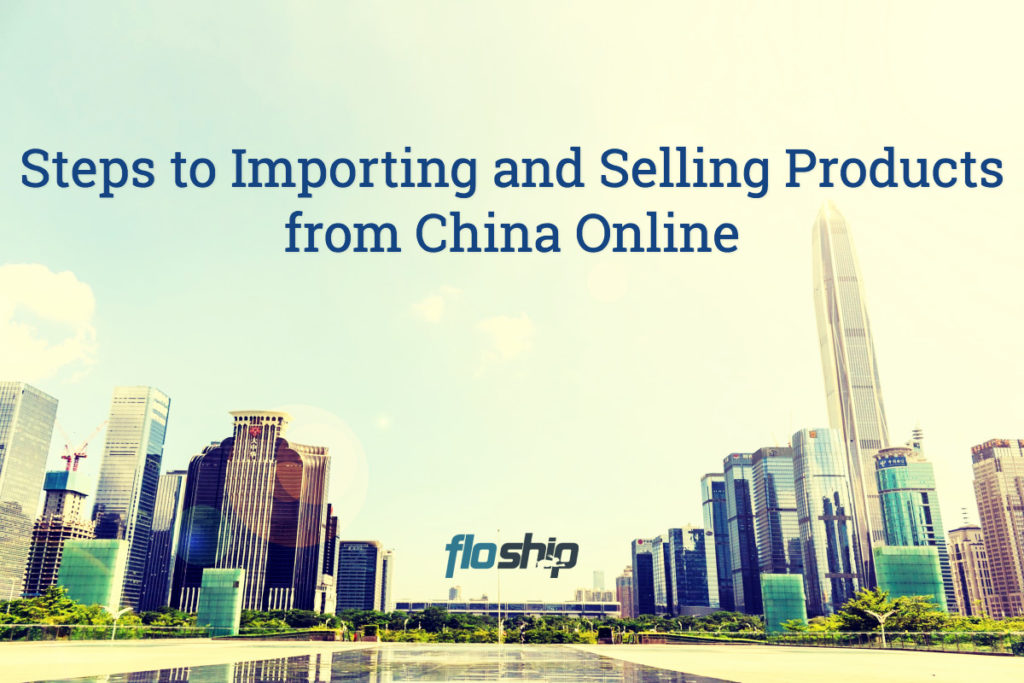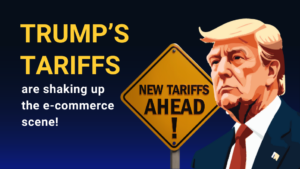The rise of the Chinese economy has produced a number of cheap and high-quality goods. Entrepreneurs can make a fortune by importing and selling products from China online.
However, you need to use the right strategies and tactics. Otherwise, you can suffer massive loss of capital and miss out on opportunities.
Use the steps below to ensure you get more profit, sales, and success in your e-commerce empire:
1. The Market: Choosing Your Product
Before you get started on your online business journey, you need to decide which market you’re going to target first.
It’s always more profitable and easier to select an existing need in a target market and design or import a product for them than creating a new product out of nothing and hoping people will buy it. The latter can be fun, but it shouldn’t be what you bet on as your primary breadwinner.
To do market research, start with keywords. Keywords, or key phrases, are groups of words that users are searching for in Google and other search engines. Using tools like Google’s Keyword Planner, you can get insight into how many monthly searches a certain keyword is getting.
For example, if you are interested in importing kitchen products, you might search for “bamboo chopsticks.” Make note of how many searches that keyword is getting. Now, look on online retailers like Amazon for that product. See how much it sells for. This will give you a rough estimate of how much potential revenue you could make from this product.
2. Sourcing: How to Find Manufacturers in China
Once you’ve found the product you want to import, it’s time to reach out to China.
To find manufacturers in China, there are a number of methods you can use. The first, and easiest, is to use online marketplaces that connect these factories with sellers like you such as Alibaba.

On Alibaba, for example, you can search the site for particular products, materials, and pricing. You can even filter factories by how long they’ve been in business and what their rating is. Keep in mind, some of these “manufacturers” are actually agents (middlemen). They might present themselves as the actual factory but, in reality, they are marking up the prices and taking a cut.
To avoid dealing with these people, simply make it clear that you will not do business with any agents. Report anyone who ignores your request and falsely represents themselves anyway. Any true factory representative will be willing to hop on a video call or even a tour of the factory.
The second way, which is cheaper, is to actually fly to China and visit the factories in person. This can be on a one-to-one basis or you could visit one of the many product fairs that regularly occur in cities like Shenzhen.
If you go this route, keep in mind that you should understand basic Mandarin or at least hire a translator for the day. After all, you can’t quite negotiate better prices if you can’t communicate in the first place.
3. Negotiating Pricing
Negotiating prices can be difficult and scary, but it doesn’t need to be. If you use a couple of proven techniques and strategies, you can knock them down to a price that allows you to have much more profit than list price.
The first technique in negotiating with the factories is to ask for a small order upfront instead of their bulk orders. Many factories will have “requirements,” in quotes because they hardly ever stand firm on this. Instead of outlaying $10,000, for example, you can get away with ordering a small sample of $1,000 worth of products.
Secondly, ask the factory, “What kind of discount can you offer?” Throwing out this question lets them negotiate against themselves before you step in and bring the deal home. After they respond, no matter their answer, always use a negotiating technique called the “flinch.” This entails physically stepping back and vocally expressing how expensive you feel the price is.
For example, if the factory rep says, “The price per unit is $5.50.” you might say, “$5.50?! That’s so expensive!” This will often win you a few more percentage points off the price.

4. Negotiating Timelines
Negotiating the price is fine, but it isn’t the only way to get a better deal.
When you’re selling products online, you often have to deal with long wait times as you dropship the product from China on boats.
To give better customer service and build a better reputation for your brand, negotiate for faster delivery times if the factory is maxed out on how much they can take off the price for you. It never hurts to ask, and it could improve your cash flow position in a big way.
5. Platform
Once you have selected your product, negotiated the price, and have some sitting on the shelves, you need to choose your online platform. Amazon is a popular site to sell goods from China on. However, this is not the only option. Consider setting up your own site.
While Amazon makes it easier to source and sell products without dealing with the customs, labeling, and shipping, they also take a big cut. If you own your own site, you have the ability to communicate more directly with customers, follow up with them, and really own the rights to their information.
It’s a better proposition for a long-term business.
6. Extra Mile
Once you’ve started selling your product online, your job isn’t over yet.

You need to offer amazing experiences to your customers if you want great reviews and repeat business. Go the extra mile by investing in a quality user experience and it will pay dividends in your profit.
7. Test, Rinse, Repeat
So you’ve finally got your first successful e-commerce business up and running.
Now that you know how to find a market, find a factory, and start selling, your opportunities are endless. It’s time to put testing to work and try different ideas that could bring more profit to your pipeline. Whether it’s a new business or an extension of your current line is up to you, but don’t stop innovating.
Sourcing products from China and selling them on sites like Amazon or your own site is not easy. However, if you follow the right step, it can be effective.
Using the proper techniques and methods above, you’ll negotiate better pricing, faster delivery, and enjoy higher profits. Then, you can sit back and relax as your online empire continues to grow at record rates.

Ready To Upgrade Your Logistic Solution?
Speak to Floship ecommerce logistic consultant about improving your global support chain today





